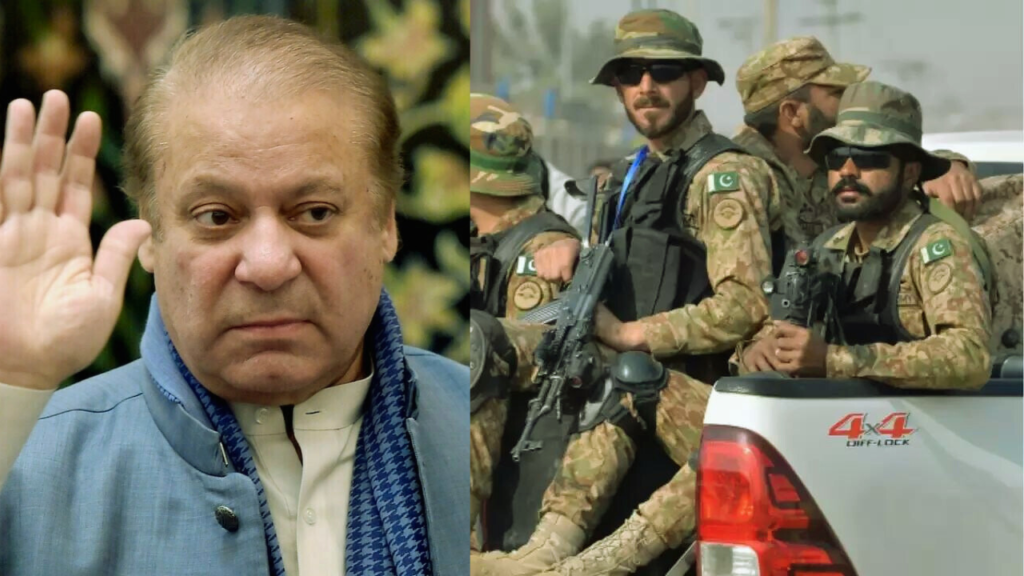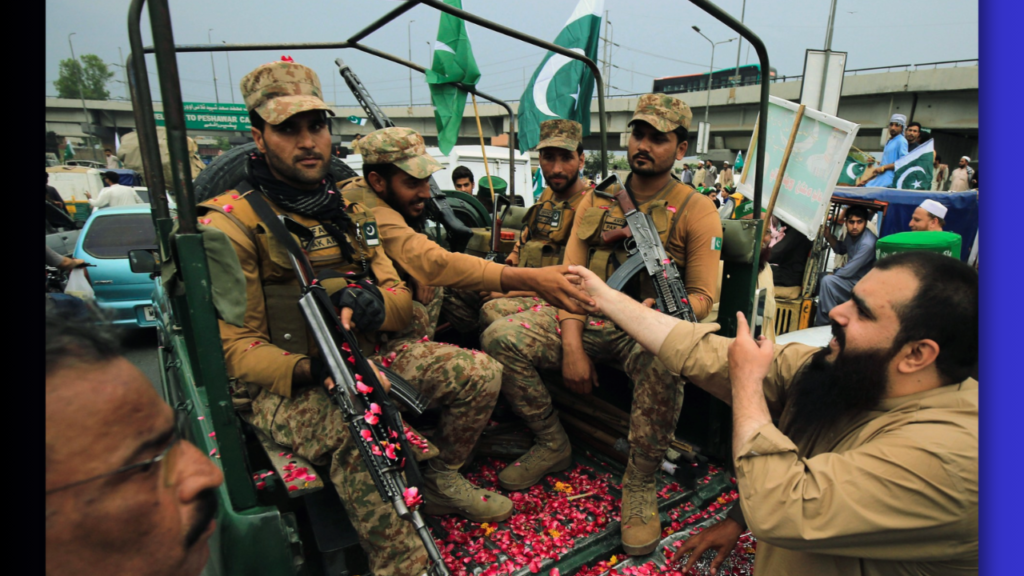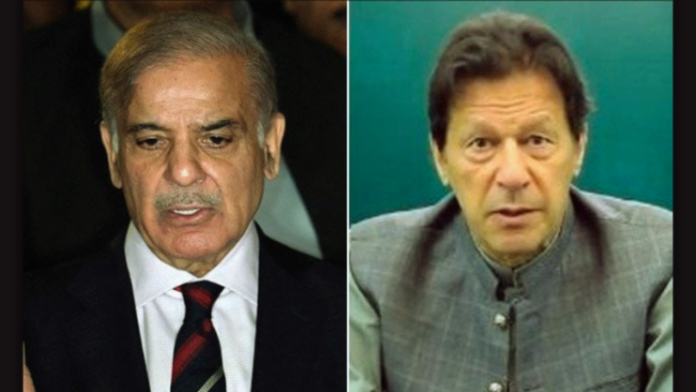He will have to try to get himself out of this mess while leading a loose coalition and negotiating the wrath of the opposition and its sizable base of support. Many think Sharif’s coalition will eventually fall apart and he will be sidelined for packing. But it could happen sooner rather than later because he and his government pak pm have a great chance to advance. But there will be risks involved in their survival.
It won’t be easy for Shahbaz Sharif to go from being an experienced politician to the new pak pm of Pakistan. His nation is facing a number of crises, including one of the worst economic downturns in recent memory, a resurgence of terrorism, record levels of public unhappiness, and increasing political polarization.
Sharif has always had cordial relations with the armed forces. He is always the favorite son. In contrast to his recent predecessors, Imran Khan and the brother of Nawaz Sharif, he does not have a tendency toward conflict or backbiting. The early honeymoon period in pak pm civilian-military relations is not guaranteed with Shahbaz.
It is not necessary to mention how hard it is to pinpoint policy issues on which Sharif and the military do not currently disagree. There are many obstacles between them, but they should prioritize economic reforms, embrace structural advancements, ignore Khan’s populism, and fortify their connections with the West while keeping the Kashmir dispute at the forefront.

The possibility of only modest gains from the PTI’s pressure tactics will also need to be faced by Sharif’s coalition pak pm.
Now that the PTI is a non-party, the state has less room to accommodate them than it did following the 2013 elections, when the PTI organized large-scale anti-government protests. The number of those opposed to Sharif has decreased, the military is in his corner, and important foreign backers and donors—many of whom had congratulated Sharif on taking office—are prepared to collaborate with him.
Pakistan thus has a good chance of obtaining fresh financial assistance, including crucial IMF loans. A reduction in the rate of inflation brought about by the currency’s recent depreciation may allay worries about food prices and offer some respite to the new administration.
Sharif’s destiny, though, might change rapidly. In particular, if the public becomes dissatisfied with austerity measures, the coalition between the PML-N and PPP—who have long been reluctant partners—may soon begin to fall apart. Though strong at the moment, civil-military relations could go bad in a number of ways. Suppose the military demands structural reforms, but the government is unwilling to work as hard on them because of political risks. Or if the pak pm is determined to open border trade with India despite the military’s objections, citing economic necessity as justification.

The Nawaz factor is also very significant. He was unable to make his spectacular return to pak pm last year and remain a silent observer. If ignored, his advice to the government might have a significant impact. Trouble could arise if he begins to put pressure on his brother, who might be reluctant to reverse course and adopt policies that run counter to what the military desires.
It is likely pak pm most pressing challenge that Sharif will have to walk a tightrope when it comes to economic policy in order to maintain his position. He should push for reforms in order to win over the establishment and secure funding for long-term economic stabilization, unless the military determines that structural changes will be too costly for its own financial interests. However, they are unable to push austerity and reforms to the point where they annoy the public, coalition partners, and special interests.
For India, what does all of this mean? The fact that Shahbaz is more pro-Indian than Nawaz does not guarantee that the new Pakistani government will extend the olive branch. pak pm Sharif needs to exercise caution in order to preserve his vital political capital. He is in charge of a shaky coalition that lacks popular support and is dependent on military support.
In the worst case scenario, expanding trade relations with India, particularly to Modi’s India, might politically infuriate the pak pm people as well as the military. The possibility of progressing further is unlikely unless Nawaz applies pressure for a significant breakthrough, but the military would probably veto such a plan. The government may emphasize increased trade with India.
But given that he already has to deal with border disputes with other neighbors and a host of pressing domestic issues, he wouldn’t want any trouble with India. He doesn’t need any more problems. However, attempting to mend relations with India may prove expensive politically. Islamabad, in other words, cannot afford to take a chance on either a worsening or an improvement in political ties with New Delhi. Thus, it is likely that the uneasy status quo will continue.

